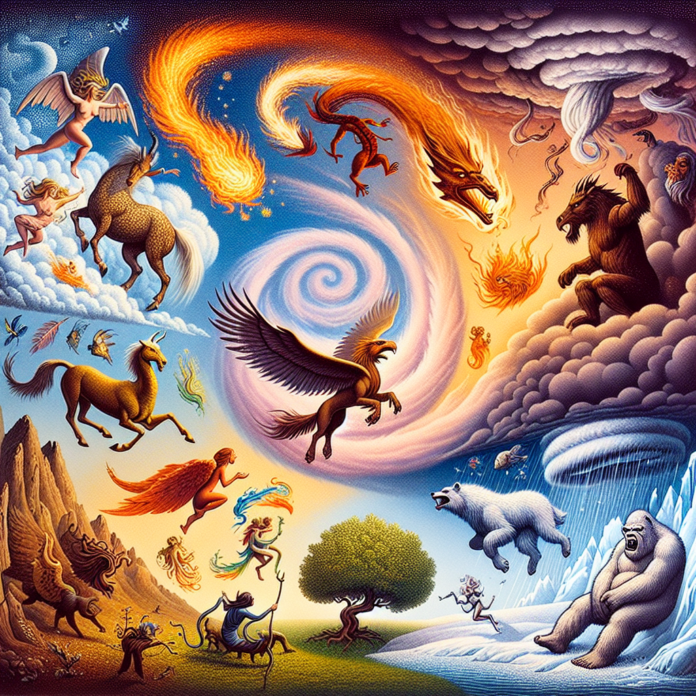Animals and Weather
The Weather Network
“`html
Animals and Weather
The interplay between animals and weather is a fascinating aspect of nature that reveals how various species adapt to changing environmental conditions. Weather patterns can significantly influence animal behavior, migration, breeding, and survival strategies.
Impact of Weather on Animal Behavior
Animals often respond instinctively to shifts in weather. For example, many birds migrate south in response to the shortening of days and dropping temperatures, seeking milder climates during the winter months. Similarly, some mammals, such as bears, enter hibernation when temperatures plummet, relying on fat reserves built up during the warmer months.
Adaptations to Extreme Weather
Species have evolved numerous adaptations to cope with extreme weather. Arctic foxes, for instance, develop thicker fur during the winter to insulate against harsh conditions. In contrast, desert animals like the fennec fox exhibit heat-dissipating features, such as large ears, which help them regulate body temperature in scorching environments.
Weather Influences on Reproduction
Temperature and precipitation patterns can also affect animal reproduction. Many amphibians, for instance, time their breeding seasons to coincide with rainfall, ensuring that their offspring have access to water. Changes in climate can disrupt these patterns, leading to challenges in population sustainability.
Climate Change and Its Effects
With the ongoing impacts of climate change, animals face new challenges as their habitats are altered. Warmer temperatures can shift the availability of food and water sources, forcing species to adapt or migrate. Furthermore, extreme weather events, such as hurricanes and droughts, can devastate wildlife populations and disrupt ecosystems.
Conclusion
Understanding the relationship between animals and weather is crucial for conservation efforts. By studying how species respond to environmental changes, we can better predict their future survival and implement strategies to protect biodiversity in a changing world.
“`


